Google Channel Chief Yansouni On Emerging Partner Program And Challenging Microsoft, AWS For Cloud Dominance
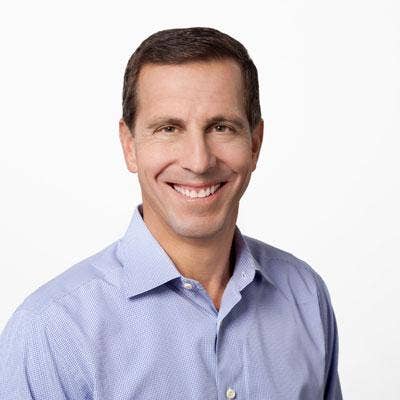
The New Man In Mountain View
Bertrand Yansouni has been on the job for about three months as Google's global channel chief, brought to Mountain View by Diane Greene, his old boss at VMware and current Google Cloud leader, as part of a leadership overhaul in the company's enterprise division.
Yansouni is tasked with leveraging Google's expanding partner ecosystem to challenge Microsoft and Amazon for cloud dominance. It's a tricky role for the seasoned channel exec. After all, he comes to a company that has less of a channel heritage than just about any enterprise tech vendor of its size and significance, and a tradition of playing by its own rules.
But Yansouni firmly believes that "Google Magic" — a mandate for far-reaching innovation — will prove to be a differentiator in the cloud wars.
After he met with Google Cloud implementers, integrators and resellers at a partner summit Tuesday, a day before the NEXT Cloud Conference -- the largest event Google has ever hosted -- he sat down with CRN to discuss the emerging program and where he plans to take it.

You spent most of today at your partner summit. What have you learned about Google's channel since taking this job?
One thing I just didn't appreciate coming into Google Cloud is how much of a vibrant ecosystem of partners already exists and the amazing contributions they've made to the growth of the business. I feel sort of a responsibility to build on that.
First, we're looking to listen to our partners. I've been on board three months. I've had the opportunity already to meet with a number of our partners and I've really been in listening mode and I'm encouraging my team to do the same because we want to get the feedback.

How do you build out the ecosystem?
A second big theme is then to invest. We want to lean into our partners. That's a lot of what I talked about this morning, investing across some different areas. First, starting the process of giving them a more unified approach to Google Cloud. Second, I want all around more technical enablement. And a third area of investment is around our partners' profitability.
Listening, investing, rewarding are the big themes. Rewarding the investments that we see our partners making, especially the partners who are growing their Google Cloud practices quarter over quarter, year over year.

What does a more unified approach look like?
We have made some changes from a go-to-market perspective in terms of our sales organization. We used to have salespeople more arranged by product lines, whereas now, as part of our effort of being extremely customer-centric, we have sales teams responsible for accounts. And they represent the whole Google portfolio and that's also benefited our partners in a certain way because our partners enjoy having one team to deal with on any given account.
We want to make some additional changes from a programs perspective, both in terms of requirements in our programs, the revenue targets to achieve Premier level, and the certification requirements.

How does the "unified approach" impact partners?
The program was very siloed along product areas, and now we've unified that. Now, any partner that achieves certain targets across all of our product lines is able to reach Premier status as opposed to having to do that per product line.
We're also introducing an enhanced partner directory so partners can better promote any particular solution they've developed or any particular area of expertise that they have. It's a unified partner directory. It's helpful for our customer and for our sellers, so they can identify what areas of strength of different solutions a partner has and make decisions of who to bring and when to bring them on any given deal.

How would you like to see partners adapt their practices?
One thing we're trying to encourage our partners to do is represent the value of the entire stack of Google Cloud technologies, both to their prospects and their partners.
We have some partners that do that really well today, and when they develop solutions that combine different technologies, those tend to be of higher value to the customer, and very sticky. That includes G Suite, GCP, Maps, Chrome, Android. The full portfolio.

What are customers looking for from Google partners?
Our business is evolving and maturing. We see the use cases and requirements from our customers getting more sophisticated. As that happens, the number one thing our customers look for from our partners is technical depth and how to work with the technology.
One of the top inhibitors today, quite frankly, when it comes to the cloud is just finding the right skills in the marketplace. Those skills are highly valued. So we're making a number of investments this year to help in the technical enablement of our partners and certification is obviously a part of that.

How will Google invest in partner enablement?
One way, we're starting what we call a partner engineering team, focused just on our go-to-market partners. This is made up of partner engineers and solution architects to help our partners in the development of solutions. Because ultimately that's what customers are buying. They don't buy App Engine or BigQuery. They want to buy a solution that matches a business problem they're trying to solve that just happens to be built on Google technologies.

So a partner can request from Google engineering support?
In general, that's the idea, but obviously it varies a little depending on the type of partner. With some of our global consulting firms we absolutely have that type of arrangement. Obviously, we can't possibly scale that with all the regional systems integrators that we have, but that team will give them feedback on architectural input, and even just the solution itself, whether we think that's going to be of value. Is it something highly repeatable? Something that exists already?
We want to encourage our partners in developing these solutions because that's how customers think about how to apply the technology. The partner engineering team will also work with our partners to help train them, not on the foundational technology, but on the best practices used by our own customer engineers, our field engineers.
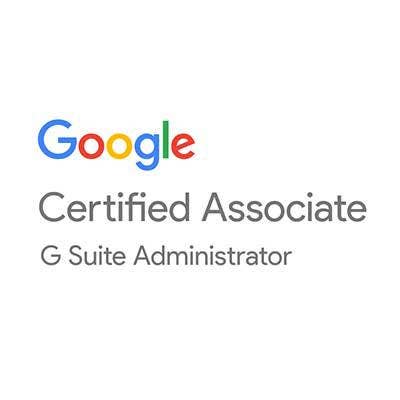
How is Google making changes on the certification side?
From a certification perspective, the company has always taken training very seriously, but our training organization is really stepping up in some wonderful ways, both in terms of enhanced training classes that we're developing, and in terms of certifications.
We've really revamped our Google Cloud certification program, and announced certifications around Cloud Architect, G Suite Administrator and Data Engineer.
Foundational to any program is making sure you've got a set of technical requirements so that your partners are truly technically enabled. That's what's best for the customer and best for the partner and critical to us.

What other program changes were revealed today at the partner summit?
Another main announcement we made today is recognizing we have a number of partners who have already started to develop deep expertise as well as their own IP in certain solution areas. So we want to make that expertise more visible to our customers and our sellers, so we launched a new specialization program.
The four areas are infrastructure, application development, data analytics and machine learning.
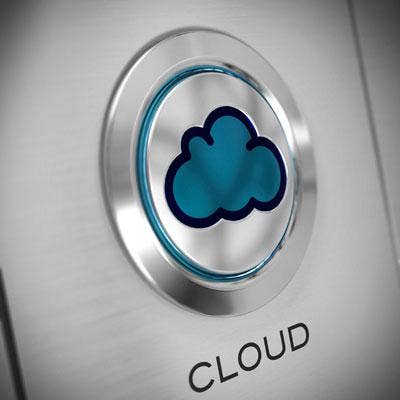
How will Google continue evolving its channel program to compete with Microsoft and Amazon?
We look at what has made us successful to date, what has made us successful with partners, and how to pour more fuel on that. When we hear about why we get picked, consistently a few themes emerge. First and foremost, and this is part of the Google heritage, is product excellence. Momentum of our business is due primarily to the fact that we have an incredible set of technologies and our prospects who then become customers recognize that.
Having a product that is second to none in terms of performance, security, reliability -- that's obviously critical for our customers, and it's critical to our partners.
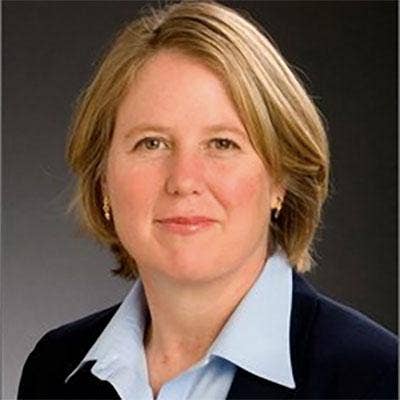
Google is famous for innovation. How important is that to your partners?
The best partners in the market, they've been dealing with their customers for years, many times decades. Those relationships are absolutely critical to them. They will transcend any technology. They have built reputations with their customers by earning that trusted advisor status. And they have done that by carefully evaluating the different technologies and vendors and representing only the best ones. Us having the best stack, as banal as it may sound, is really critical in recruiting the best partners.
We are in early, early days of this market. Even though it's moving at breakneck speed, the reality is only a small percentage of workloads have moved to the cloud.
That's why [Google Cloud vice president] Diane [Greene] (pictured) said she's going to keep about 30 percent of our engineers working on those longer-term innovations.
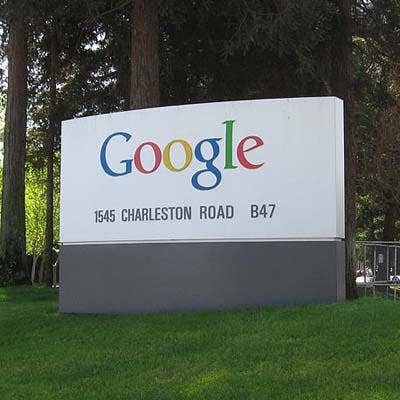
What's different about your role as a channel chief at Google than it would be at almost any other enterprise tech company?
I believe that being at Google Cloud, there's a responsibility to think differently. Really, what's exciting at Google is how much people are encouraged and pushed to think big. We have a license to think differently from a programs perspective and to find ways to leverage, for lack of a better word, the Google magic. But I don't have a complete answer for that yet. I don't want to pretend that I do.
In the short time I've been here, there are already a number of more important changes I want to make, but they're not necessarily yet that 10-times change idea. But we're starting to think about those. More to come.